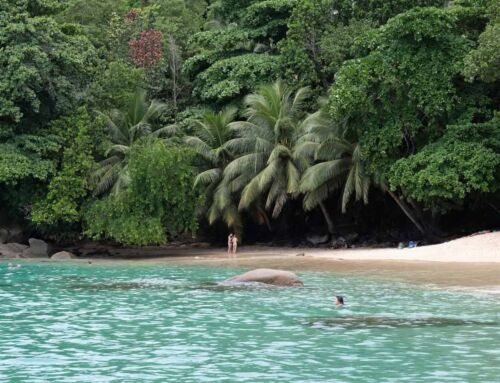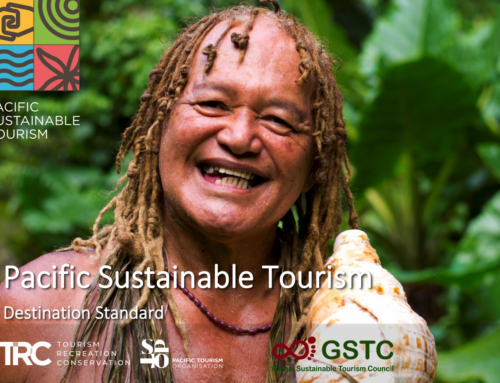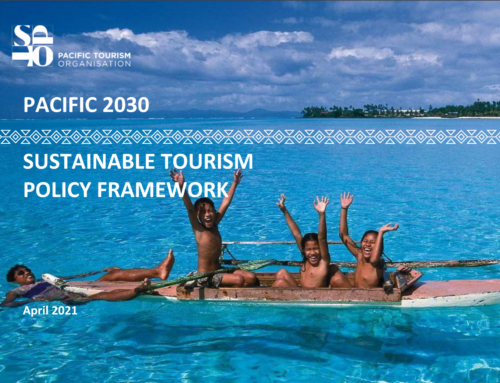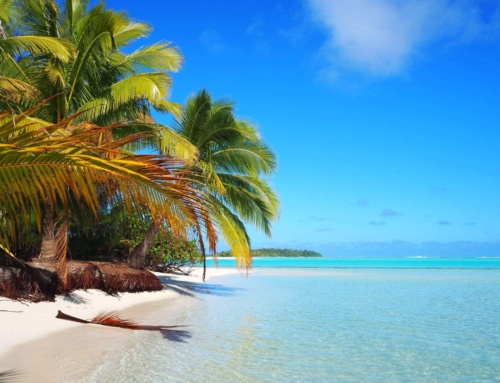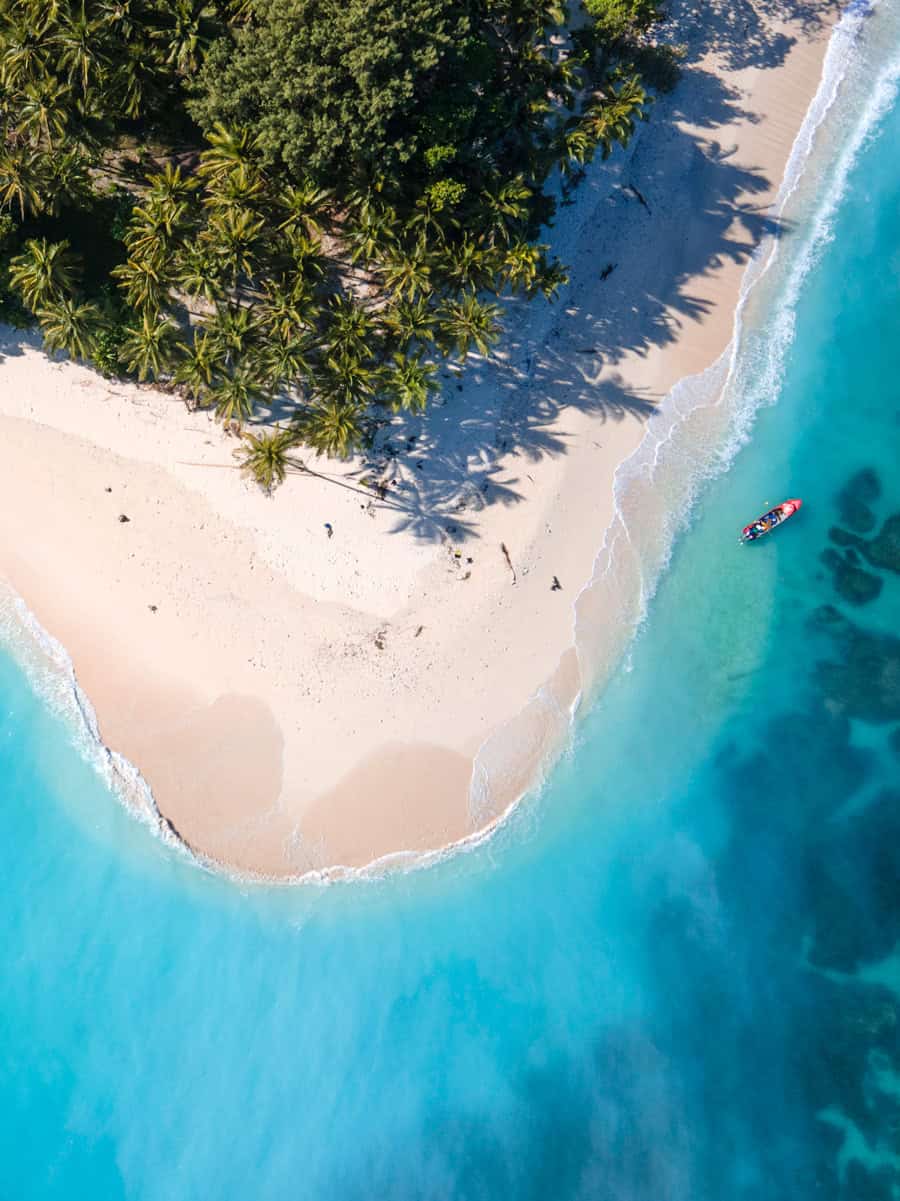
Project Description
TRC Tourism was engaged by the Secretariat of the Pacific Regional Environment Programme (SPREP) and the Pacific Tourism Organisation (SPTO) to develop Marine Tourism Guidelines for Pacific Island Countries and Territories.
The Guidelines were prepared as part of the Pacific BioScapes Programme to support implementation of the Pacific Islands Regional Marine Species Programme 2022–2026 and the Pacific Sustainable Tourism Policy Framework 2030.
The guidelines provide practical ways the tourism sector can help protect and conserve marine species including turtles, dolphins, rays and sharks, Dugongs, seabirds and coral reefs in accordance with global best practices.
Led by Senior Consultant Penny Spoelder, TRC collaborated with Marine Ecology Consulting and local stakeholders through extensive regional engagement, desktop analysis, and specialist input.
Key Challenges and TRC’s Solutions
- Balancing tourism growth with marine conservation: TRC developed science-based, regionally adaptable guidelines to help operators minimise environmental impacts while delivering exceptional visitor experiences.
- Stakeholder collaboration across sectors: TRC facilitated cross-sectoral engagement between tourism, environment, and fisheries stakeholders, ensuring the guidelines support national and local conservation efforts.
Key Achievements and Intended Outcomes
- Comprehensive best-practice guidelines covering marine wildlife viewing, responsible tourism operations, and cruise/yachting sector recommendations.
- Support for marine biodiversity conservation, ensuring marine tourism aligns with Pacific Islands Regional Marine Species Programme 2022–2026.
- Enhanced industry knowledge, equipping operators with tools to improve visitor education, safety, and sustainability.
- Stronger links between tourism and conservation, fostering collaboration between government agencies, marine tourism businesses, and conservation groups.
Key Recommendations
- Implement responsible marine wildlife tourism practices, ensuring safe and ethical interactions with marine species.
- Encourage adoption of guidelines at national levels, tailoring them to local regulatory and environmental contexts.
- Foster partnerships between tourism operators, conservation organisations, and government agencies to support sustainable marine tourism growth.
- Increase awareness and capacity building for tourism operators and government agencies, promoting compliance and best-practice marine tourism.
The Marine Tourism Guidelines provide a critical framework for sustainable marine tourism across the Pacific, ensuring tourism growth supports environmental protection, community benefits, and long-term economic sustainability.
Client name
Secretariat of the Pacific Regional Environment Programme (SPREP) & Pacific Tourism Organisation (SPTO)
Project date
November 2023 – August 2024
Location
Pacific
Lead Consultant
Penny Spoelder


